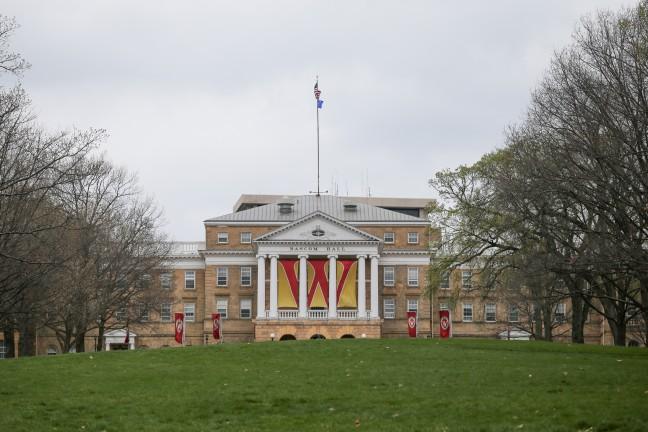As the popularity of electronic cigarettes continues to grow, University of Wisconsin System schools are beginning to consider including rules on e-cigarettes in university tobacco policies.
While UW-Madison currently has no on-campus ban for e-cigarettes or other tobacco products, UW-River Falls and UW-Stout both have banned tobacco through student proposals and initiation, with River Falls also including an on-campus e-cigarette ban in a new policy introduced on July 1.
E-cigarettes are battery-operated cigarettes are not tobacco-based, but turn nicotine into vapor that can be inhaled, according to the Federal Drug Administration website.
E-cigarettes are a concern for university officials because their secondhand effects are unknown, Sarah Van Orman, director of University Health Services, said. Although tobacco companies are marketing e-cigarettes as a safer alternative to traditional cigarettes, this may not necessarily be the case, she said.
“One of the things that’s not known about them is their secondhand effect or the effect it has on e-smokers,” Van Orman said. “The challenge with e-cigarettes is they’re a way to deliver nicotine very effectively and the concern is people are becoming addicted to nicotine. There’s a concern that they pose a risk to others, but there’s a lot that’s not known.”
In 2009, the U.S. Food and Drug Administration released a statement against the use of e-cigarettes because most distributors had not been approved by the FDA and the product’s effects have not been fully studied.
In FDA studies, findings show e-cigarettes contain carcinogens, toxic chemicals and some chemicals similar to those found in antifreeze.
The administration’s report also said it is unknown whether e-cigarettes will lead young people to try other tobacco products.
Doug Mell, a UW-Stout spokesperson, said he believes that tobacco is popular, but the policy at Stout does not pertain at all to e-cigarettes.
“It’s the opinion of the Stout Student Association that if we were to include e-cigarettes in our policy, that students should have a say in it and it should be decided by referendum,” Mell said. “We are tobacco-free because of our students, and students should have a voice in any major change to our policy.”
Regarding UW-Madison’s policy, Van Orman said there is a gray area in campus rules because e-cigarettes did not exist when most university tobacco policies were written across the nation.
In addition, she said many students are looking at tobacco policies on campus and a number of student groups are interested in reviewing the university’s policies on tobacco use in general.
However, Mell said he does not see the e-cigarette becoming a major topic of concern on the Stout campus.
“There doesn’t really seem to be a groundswell of concern that would force us to deal with e-cigarettes,” he said.
Mell added any change in UW-Stout’s tobacco policy would not happen right away because the university is currently in a “holding period” on referendums until April 2014.
The University of California-Santa Barbara is banning e-cigarettes starting January 1, 2014, with other UC System schools likely to follow suit, according to a UC System statement.



















